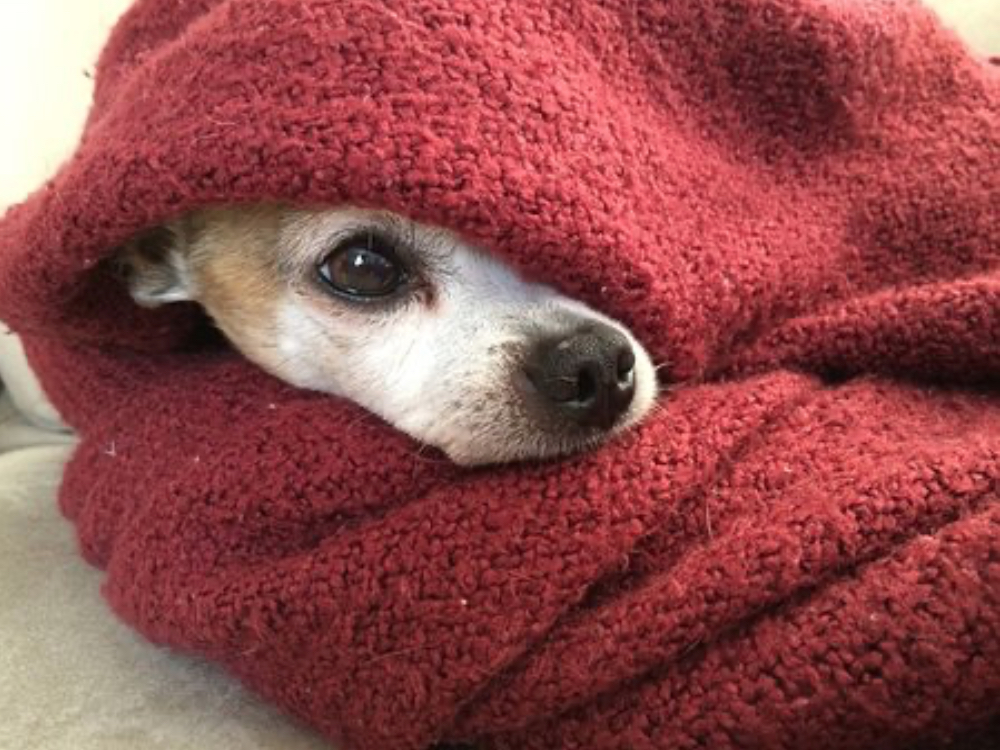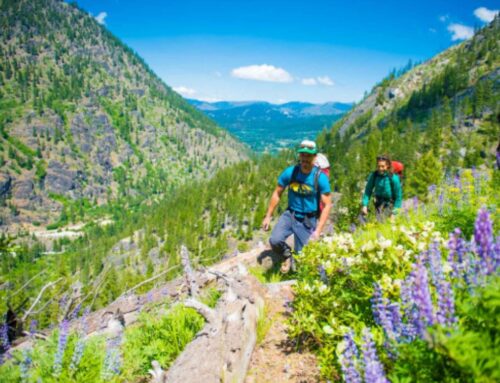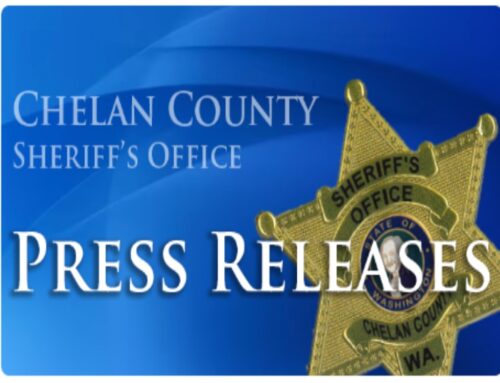A Message from the Wenatchee Valley Humane Society
information released
With cold winter comes snow, icy, and potentially dangerous conditions for our pets. Wenatchee Valley Humane Society (WVHS) offers several tips to help protect our pets throughout this chilly season.
Plan for Colder Weather – Track weather so you have what you need in case of power outages and extended cold spells. These include a week’s worth of food, water, medicine, blankets, and pet jackets/sweaters. During colder weather, pets need more food since keeping warm depletes energy.
Care for their Coats and Paws – Remember to keep their coats a little longer during colder months to provide warmth. Cold, wet sidewalks can dry out their paws, leading to cracking and bleeding. Use pet boots, petroleum jelly, or pet-specific protective wax to provide a barrier for their paws. Towel dry your pet when they come inside, paying particular attention to their feet and in-between the toes. Remove any snowballs from between their foot pads.
Use Leashes for Walks – Many pets are lost during winter, and frozen ponds, lakes, and waterways are hazardous places that can lead to hypothermia.
Know your Pet’s Limits – Watch how your pet responds to cold weather and adjust your time outside as needed. If you are cold out, your pet is too! Consult your veterinarian if you need guidance.
For Outdoor Animals – Ensure they have an insulated shelter free from drafts and enough room to move around fully. Use species-appropriate winter coats during cold weather. Add straw or other warm bedding materials to help insulate them from cold. Entrances should face away from incoming wind and snow and have a closure to avoid drafts. Add an outdoor safe heat source.
Keep Pets Indoors – Pets are susceptible to cold weather and can quickly freeze to death. Some pets may seek a warm spot under an automobile, so check around and under your car before starting your vehicle to alert pets and wildlife seeking shelter.
Keep Poisons out of Reach – Antifreeze – which has an attractive sweet taste – and other chemicals should be kept out of reach. Wipe your pets’ paws after walks to avoid licking rock salt and other de-icing compounds they may have contacted outside.
“We care deeply about our cats and dogs, and we want the best for all animals in the community,” said WVHS Executive Director James Pumphrey. “This time of year, it’s even more important to take steps to ensure they’re taken care of when the weather is more severe.”
Wenatchee Valley Humane Society is committed to supporting the companion animals of North Central Washington. Our purpose is to keep & bring families together.








